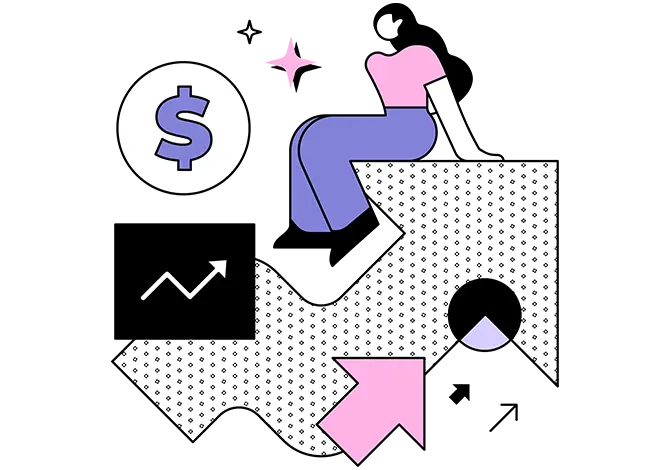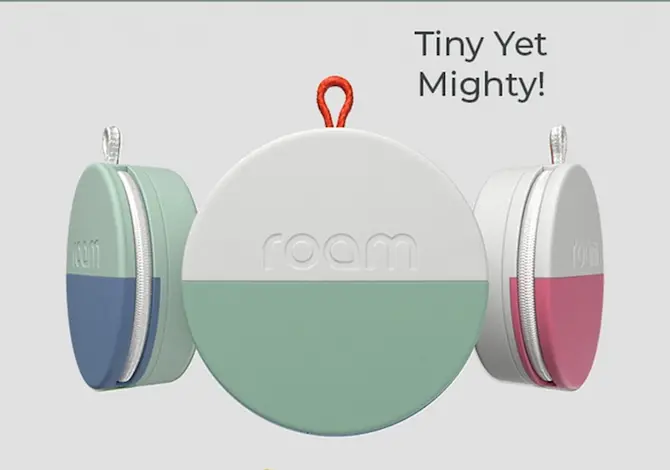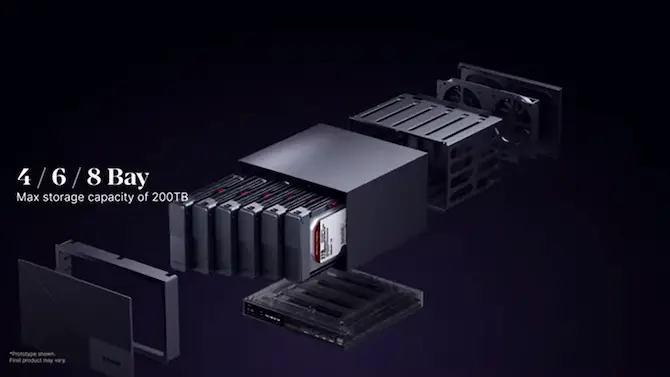Crowdfunding: What it Means
If you’re looking for a lot of money fast, you’ve probably considered crowdfunding. But what is crowdfunding exactly? And why should you choose crowdfunding over some other options?
To answer those questions and more, we’re going to take an in-depth look at crowdfunding and all of its different types. Let’s get into it.
Definition of Crowdfunding
Put simply, crowdfunding is when a lot of people each contribute a small amount of money for the same goal. This manifests in a few-forms:
Need-based Crowdfunding
People who need money for an urgent and expensive disaster, such as an environmental catastrophe or unexpected medical bills, often turn to crowdfunding.
The most well-known need-based crowdfunding platform is GoFundMe. On this platform, anyone can create their own campaign to fundraise for their goal. There’s no expectation of a reward, as the donation is philanthropic in nature. But a thank you letter or other form of acknowledgment is a good way to let your supporters know that you appreciate them.
Another example of a needs-based crowdfunding platform is Fundly, which is used by non-profits and other organizations that need a regular supply of funding for their operations. For fundraising an emergency and/or for a philanthropic motivation, these platforms are the way to go.
Reward-based Crowdfunding
Different from need-based crowdfunding, reward-based crowdfunding follows the central idea that your backers will get something in return from donating to your campaign.
This approach is often used by businesses or entrepreneurs to get their ideas off the ground. Most of the time, backers will donate to your campaign in exchange for a product that you’re promising to develop and deliver. It’s similar to online shopping, in a sense, but a bit riskier, because you’re taking a gamble on the campaign’s credibility.
Kickstarter is the biggest reward-based crowdfunding platform, followed by Indiegogo. There are also smaller reward-based crowdfunding platforms that serve specific countries, like Makuake in Japan. If you need the money to get an idea or business starting, reward-based crowdfunding provides an attractive incentive for people to contribute to your goal.
Equity Crowdfunding
Equity crowdfunding is similar in principle to reward-based crowdfunding in the sense that exchange is present in both models. But the key difference is that instead of exchanging a physical reward, you are offering shares of your company in return for financial support.
Readers who are familiar with angel investors or venture capital firms will be familiar with some elements of this fundraising model. With equity crowdfunding, though, instead of seeking millions of dollars from a handful of investors, you’re giving out much smaller amounts of equity for a price much smaller than what you’re hoping to get from an angel investor.
For compliance reasons, we recommend that you don’t go about trying to figure out equity crowdfunding on your own. There are all sorts of compliance things you need to take care of, like registering with an SEC broker, whereas the above two options are open to anyone and everyone. But equity crowdfunding remains an option for those businesses willing to make it happen.
Debt Crowdfunding
With debt crowdfunding, you’re getting loaned money directly from a large number of investors. It’s similar to equity crowdfunding, in that sense. But the difference here is that you need to pay your investors back directly—with interest.
The repayment feature may make this form of crowdfunding unappealing to some, but the returns can also be quite attractive. If you’re going to try debt crowdfunding, we recommend giving a platform like Crowdbase a try.
Which Do We Recommend?
Ultimately, the type of crowdfunding you choose to go with is going to depend on your situation. But for private businesses or entrepreneurs, we recommend the reward-based model for sure.
The exchange of goods between backer and entrepreneur is familiar ground and a helpful framework for getting more backers. It works just like your typical e-commerce experience, but with the benefit of helping a small business. An enticing reward and a promising campaign is all you need to get started.
Need help with your latest idea? Reach out to the Funding Insider Team—we’ll hook you up with the best analytics tools and guidance custom-tailored for your campaign.










